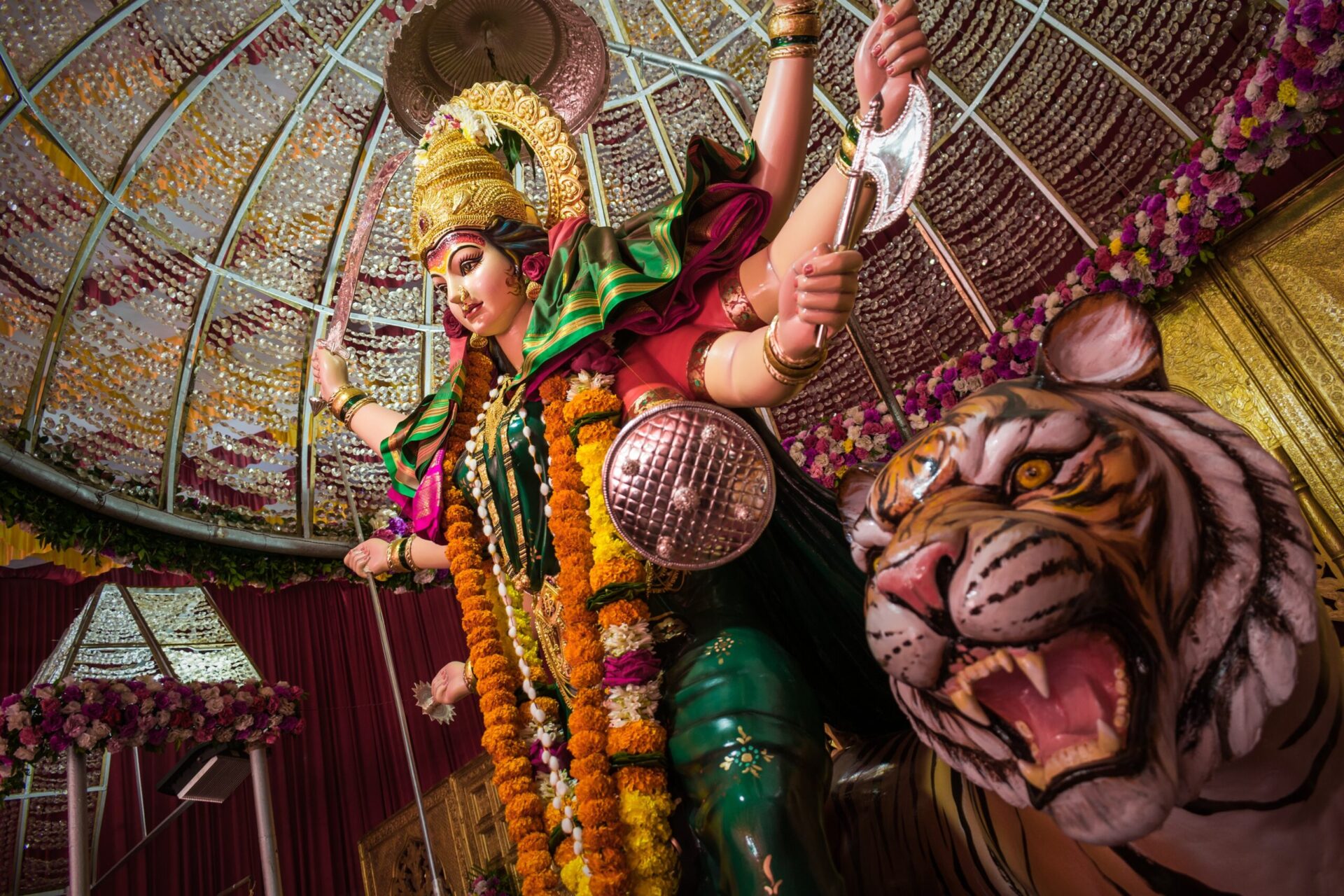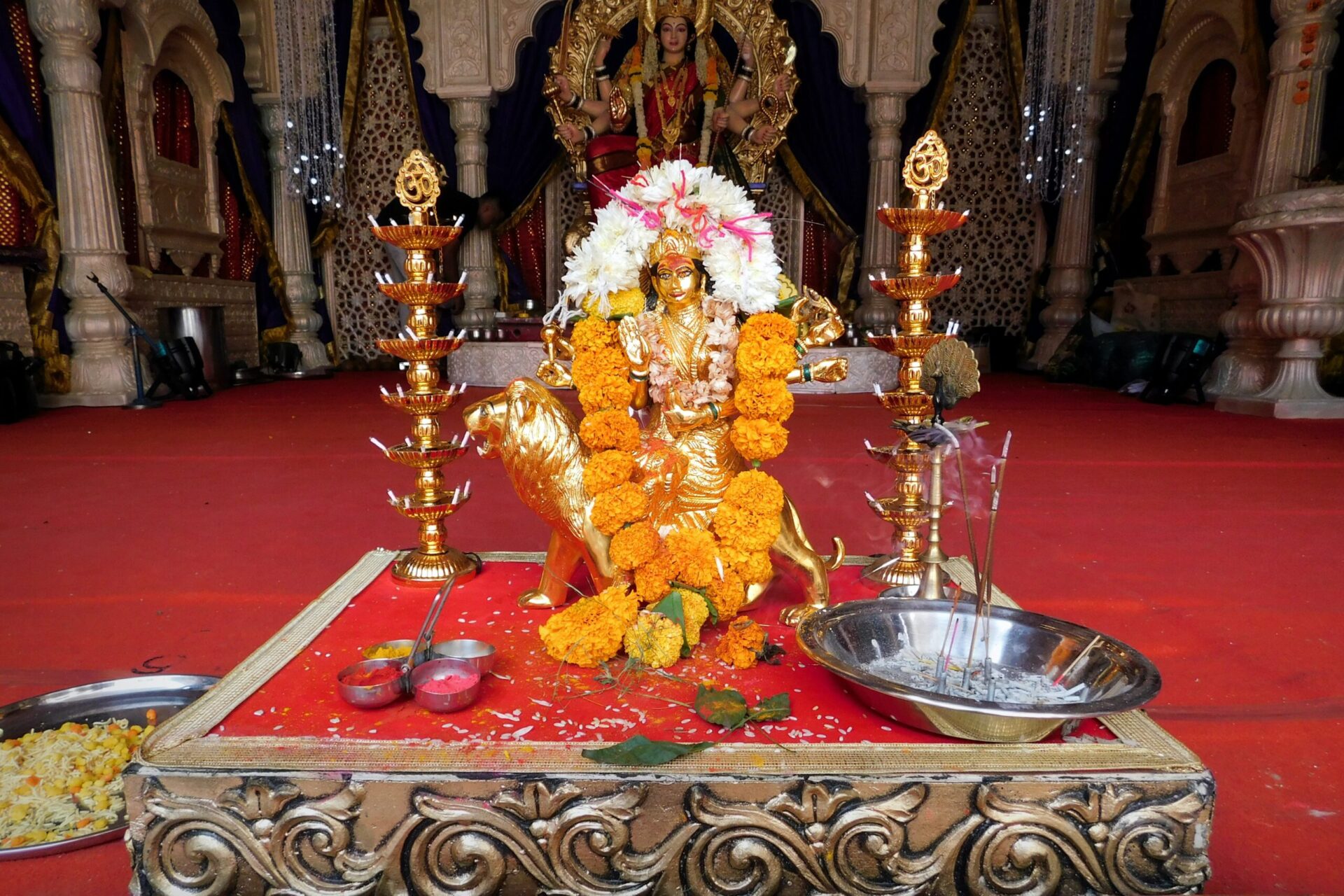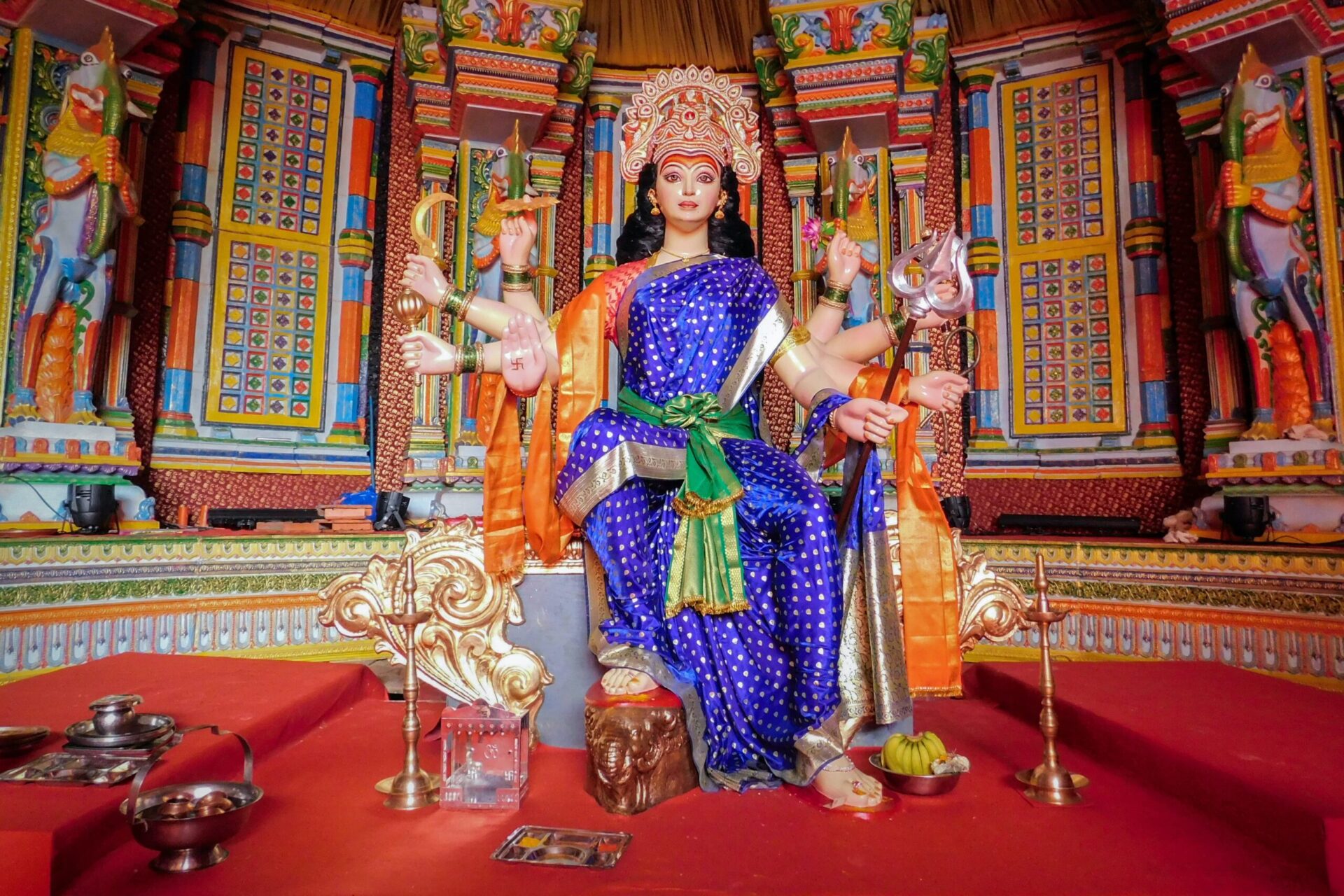Today, we’re going to explore a fascinating topic that delves into the rich mythology of the ancient Vedic civilization. In this article, we will uncover the identities and significance of the four main Vedic gods. These deities played a pivotal role in the religious and cultural beliefs of ancient India, and their stories continue to captivate and inspire countless individuals to this day. So, let’s embark on this enlightening journey and discover the remarkable world of the 4 main Vedic gods.
Table of Contents
Who Are The 4 Main Vedic Gods?

Introduction to Vedic Gods
In the ancient Vedic religion of India, gods played an integral role in shaping the beliefs and practices of the people. These gods were seen as divine beings who possessed various strengths and powers, and were regarded as the creators and protectors of the universe. Among the numerous deities in Vedic mythology, there are four primary gods who hold special significance – Indra, Agni, Varuna, and Soma. Each of them represents different aspects of life and is revered for their unique qualities.
Indra: The King of Gods
Indra, also known as the king of gods, holds a prominent position in the Hindu pantheon. As the leader of the Devas, Indra governs thunder, lightning, and rain, making him the lord of the skies. He is often depicted as a warrior with a thunderbolt in hand and rides a chariot pulled by celestial horses. Indra symbolizes strength, courage, and power, which are highly valued attributes in ancient Indian society. He is also associated with fertility and abundance, ensuring prosperity for his devotees.
Agni: The God of Fire
Agni, the god of fire, is one of the most revered deities in Hinduism. Fire holds great significance in religious rituals and ceremonies, and Agni is considered the mediator between humans and gods. He is depicted as a red-skinned man with two or three heads, and flames arising from his body. Agni is believed to carry the messages of humans to the gods and transmit divine blessings to the mortal world. He symbolizes purification, transformation, and illumination, both in a physical and spiritual sense.
Varuna: The God of Order and Cosmic Law
Varuna, the god of order and cosmic law, governs the moral order of the universe and maintains harmony and balance. He is often depicted with a noose in his hand, symbolizing his power to bind and punish those who deviate from the path of righteousness. Varuna is associated with the oceans, representing his role in controlling natural elements. As a god of justice, he punishes wrongdoers and rewards the virtuous. Varuna is also regarded as an omniscient deity, knowledgeable about the deeds and thoughts of all beings.

Soma: The God of Immortality
Soma, the god of immortality, is closely associated with the sacred Soma plant and the ritual drink prepared from it. Soma is believed to grant divine power and long-lasting life to its worshippers. As a god of vegetation and fertility, Soma personifies the abundance and life-giving properties of nature. In Vedic rituals, the Soma drink is consumed to invoke spiritual experiences, which are thought to connect humans with the gods. Soma is often portrayed as a celestial being with a radiant aura, representing the divine essence of the Soma plant.
Similarities and Relationships between the Vedic Gods
Although the four main Vedic gods have distinct characteristics and domains, they are also interconnected and exhibit certain similarities. For instance, all four gods are associated with deities of nature, emphasizing the importance of the natural world in the Hindu cosmology. Indra controls the weather, Agni represents fire as a natural element, Varuna governs the oceans, and Soma personifies the life-giving properties of plants. Additionally, these gods are often praised together in Vedic hymns and prayers, indicating their interconnectedness and interdependence.

Significance of the Vedic Gods in Hinduism
The Vedic gods play a vital role in Hinduism, as they are regarded as divine beings who can influence human life and grant blessings. They are revered and worshipped through rituals, prayers, and offerings, which are believed to ensure the well-being and prosperity of the devotees. These gods serve as sources of inspiration for moral conduct, bravery, and righteousness. The stories and myths associated with the Vedic gods also serve as valuable teachings, guiding individuals on the path of spirituality and self-realization.
Worship and Rituals for the Vedic Gods
To honor and seek the blessings of the Vedic gods, Hindus perform various rituals and ceremonies. These rituals differ in their specifics, but often include offerings of flowers, fruits, incense, and sacred chants. Devotees visit temples dedicated to each god, seeking protection, prosperity, and blessings. Festivals and religious gatherings are also held to celebrate the Vedic gods, where worshippers come together to offer their devotion and participate in communal worship. The worship of the Vedic gods is a significant component of Hindu religious practices, fostering a deep connection between humans and the divine.
Representation of the Vedic Gods in Vedic Texts
The Vedic gods are prominently featured in the ancient sacred texts known as the Vedas. These texts contain hymns, prayers, and rituals dedicated to the gods, providing valuable insights into their characteristics and importance. The Rigveda, the oldest of the four Vedas, has numerous hymns dedicated to Indra, extolling his power and bravery. Agni is revered in the Yajurveda, which presents detailed rituals for his worship. The Atharvaveda contains hymns related to Varuna, emphasizing his role in maintaining cosmic order. Lastly, Soma is celebrated in the Soma Mandala of the Rigveda, highlighting his significance in Vedic rituals.
The Role of the Vedic Gods in Society
The Vedic gods played a crucial role in ancient Indian society, influencing various aspects of life. Indra, with his association with rain and fertility, ensured agricultural prosperity and the well-being of the people. Agni’s presence in daily rituals brought people together in communal worship and strengthened social bonds. Varuna’s role as a god of justice and cosmic law provided a moral framework for society, emphasizing the importance of righteousness and ethical conduct. Soma’s association with immortality symbolized the pursuit of spiritual enlightenment and liberation. The Vedic gods served as moral guides, protectors, and sources of inspiration for individuals and society as a whole.
In conclusion, the 4 main Vedic gods – Indra, Agni, Varuna, and Soma – hold significant places in Hindu mythology and religion. Each god represents different aspects of life and carries unique qualities that are revered and worshipped by Hindus. These gods serve as sources of inspiration, moral guidance, and spiritual connection, fostering a deep bond between humans and the divine. The worship, rituals, and representation of the Vedic gods in sacred texts further emphasize their importance in Hinduism. The Vedic gods continue to hold significance in contemporary Hindu practices, reminding people of the eternal values they embody and the timeless wisdom they impart.